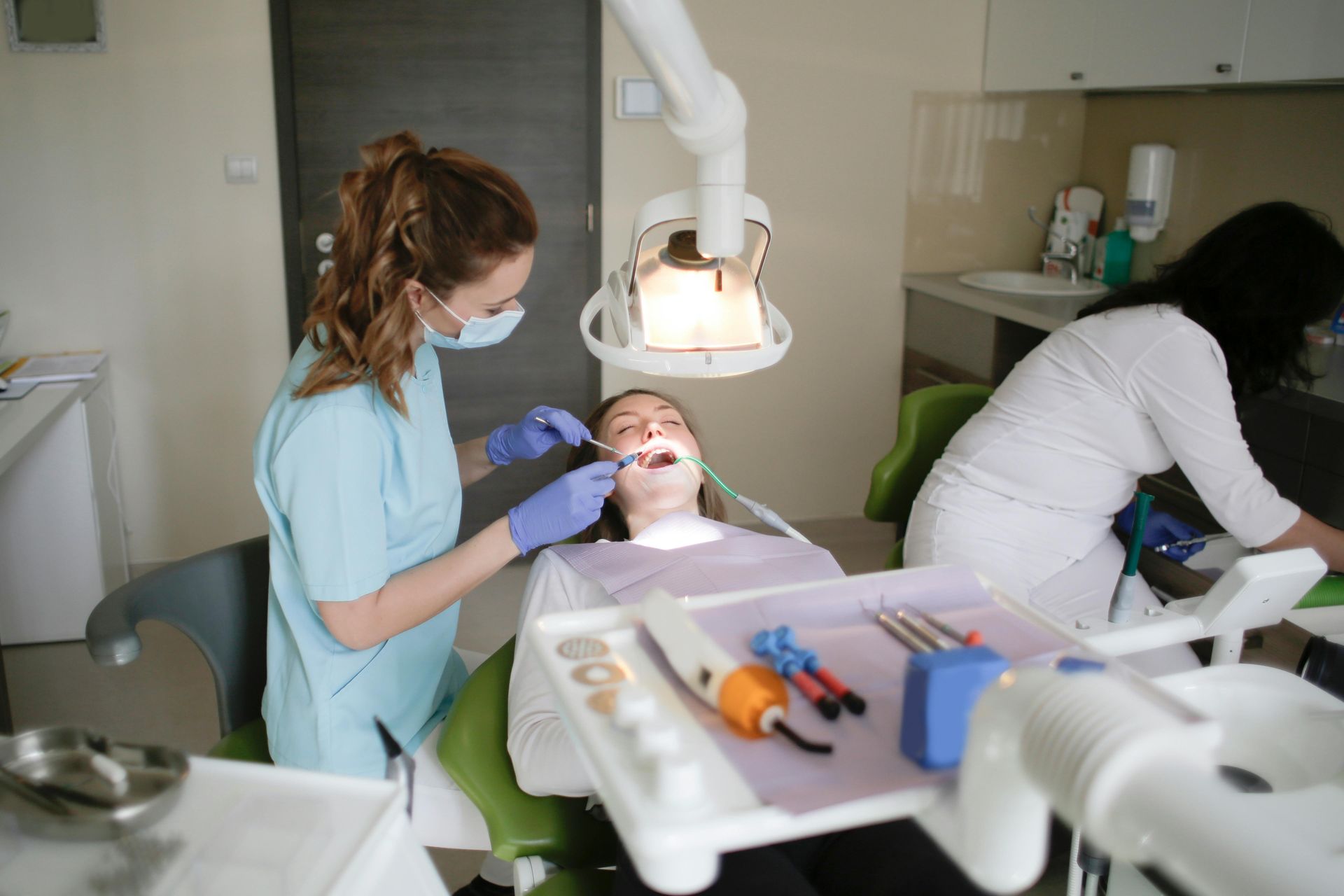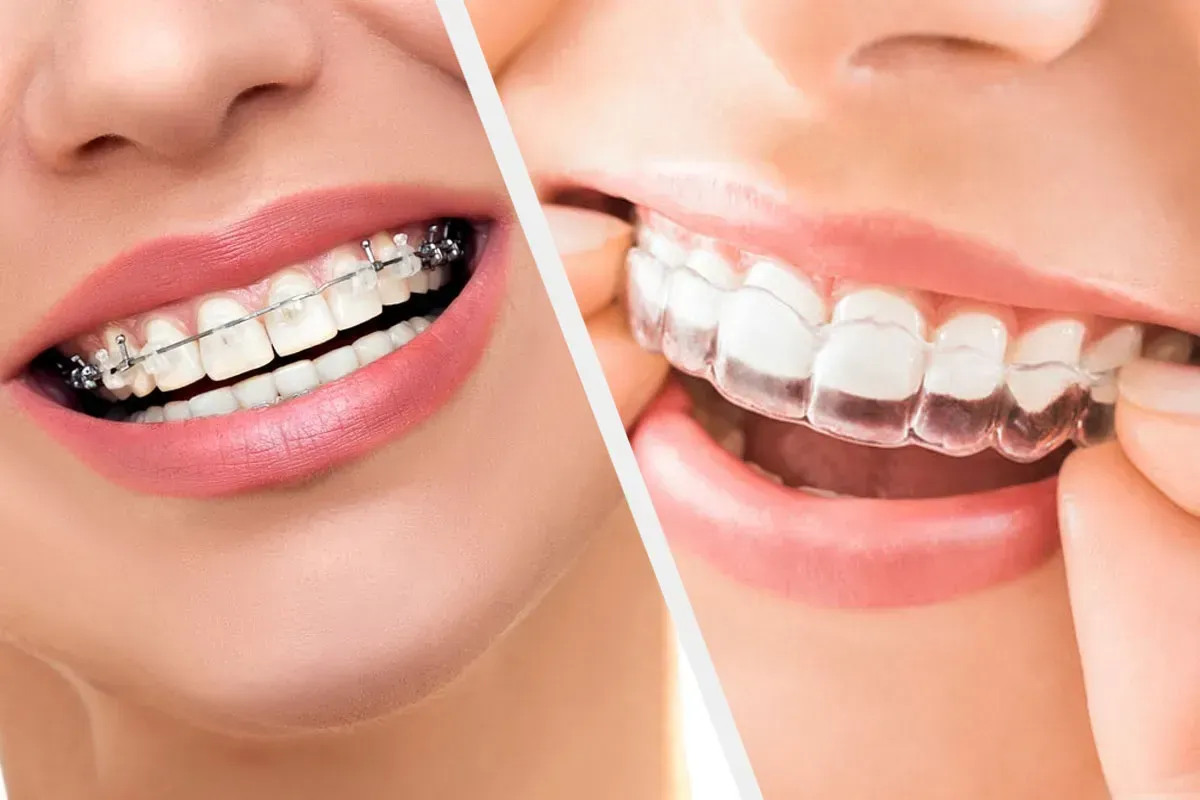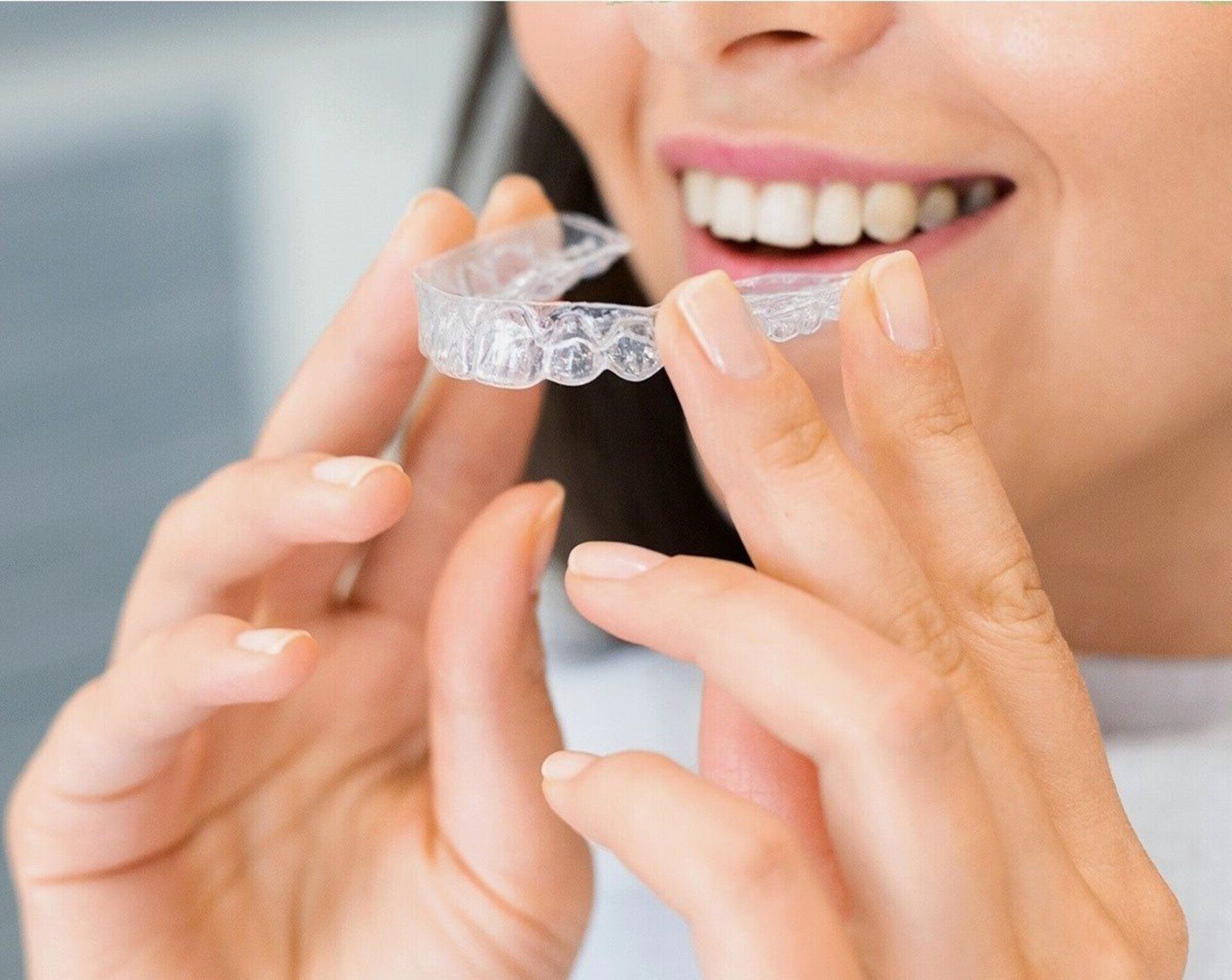Dental Care Year-Round: How to Keep Your Teeth Happy in Every Season
Understand the importance of year-round dental care
Maintaining year-round dental care is essential for optimal oral health. Throughout different seasons, changes in weather and diet can influence your dental health. Regularly adapting your oral hygiene routine helps prevent common dental issues such as tooth decay and tooth sensitivity.
Seasonal Tips for Year-Round Dental Health:
- Winter: Protect against sensitive teeth due to cold weather by using a fluoride toothpaste. The winter months can also cause dry mouth; stay hydrated by drinking plenty of water.
- Spring/Summer: Increased consumption of cold foods and sugary treats during warmer months increases the risk of tooth decay. Use a Soft-Bristled Toothbrush to brush away food particles and plaque.
- Autumn: The holiday season often involves sugary and acidic foods; prevent dental issues with sugar-free gum to increase saliva flow and neutralize acid
Remember, consistent dental care is crucial, and regular visits to your dentist can help prevent extreme temperature-related dental injuries and ensure healthy teeth all year.
Adapt oral hygiene practices based on seasonal changes
Adapting your oral hygiene practices to align with seasonal changes is a proactive way to safeguard your dental health throughout the year. Each season brings its own set of challenges and potential issues for your teeth and gums. Modifying your habits accordingly can help prevent tooth decay, sensitivity, and other dental problems, ensuring a bright smile all year round.
Winter: Combat Dry Mouth and Protect Against Cold Sensitivity
The winter season, with its cold temperatures, can pose a risk to those with sensitive teeth. The cold weather might exacerbate tooth sensitivity, making everyday activities like eating and drinking uncomfortable. Use a fluoride toothpaste formulated to reduce sensitivity and protect enamel from potential wear.
Additionally, the dry indoor air of winter months can lead to dry mouth, which increases the risk of tooth decay. Combat this by drinking plenty of water and keeping hydrated, which will help maintain saliva production essential for neutralizing acids and washing away food particles. If you’re constantly battling dry mouth, consider using a humidifier or consulting your dentist for a suitable mouth rinse.
Spring: Refresh Your Routine with Seasonal Allergies in Mind
Spring is the perfect time to refresh your oral hygiene routine, especially if seasonal allergies affect you. Allergies can result in blocked sinuses, potentially causing dental pain or discomfort. This is a great time to reassess your dental products, perhaps replacing your toothbrush or switching to an allergy-friendly toothpaste that contains fewer irritants.
If you experience increased nasal congestion, remember that breathing through your mouth can exacerbate dry mouth symptoms. Stay diligent with your oral care routine, and ensure you're brushing and flossing regularly to prevent the buildup of food particles and bacteria that could worsen dental issues.
Summer: Manage Increased Sugar Intake During Festivities
The summer months are synonymous with fun outdoor activities and sugary treats, which can pose a risk for tooth decay. The combination of acidic and sugary foods can lead to enamel erosion, so it's important to manage your sugar intake.
Chewing sugar-free gum can be a helpful habit to develop during this time, as it boosts saliva production, helping to neutralize acids and wash away food particles. Ensure your summer oral hygiene routine includes brushing at least twice a day with fluoride toothpaste, flossing daily, and rinsing with water after indulging in sweets to minimize potential harm to your teeth.
Fall: Prepare for Back-to-School Dental Care Routines
As fall ushers in, it's an ideal time to reinforce dental care routines, especially for children heading back to school. The structured schedules of academic life offer a reliable framework for maintaining consistent oral hygiene practices.
Prepare for the season by scheduling a dental check-up to address any potential dental issues that could have arisen over the summer. Reinforce the importance of brushing and flossing in the morning and before bed, and consider incorporating foods rich in calcium, like cheese and yogurt, which are beneficial for building strong teeth. This routine will not only promote dental health but also ensure that kids maintain healthy habits throughout the school year.
Maintain consistent oral hygiene
Maintaining consistent oral hygiene is essential for preserving dental health throughout the year. Each season brings its unique sets of challenges that can affect your oral health, from cold weather causing sensitive teeth to summer indulgences in sugary treats. A robust oral hygiene routine is your first line of defense against potential issues such as tooth decay and dry mouth. Here are some key tips to keep in mind:
Brush Twice a Day for Optimal Health
Brushing your teeth twice a day is crucial for removing food particles and preventing plaque buildup. During colder months, use a fluoride toothpaste to strengthen your enamel against potential issues like tooth sensitivity and tooth decay. Opt for a soft-bristled toothbrush to avoid irritation, especially if you experience sensitive teeth during the winter season. Remember, maintaining a good brushing routine helps protect your teeth against the extreme temperatures of both winter and summer.
Floss Daily to Remove Plaque Buildup
Flossing is an often-overlooked aspect of oral hygiene, yet it plays a critical role in dental care. By flossing daily, you can effectively remove plaque and food particles that a toothbrush might miss, reducing the risk of cavities and gum disease. This is especially important during the holiday season when sugary foods and comfort foods are consumed more frequently. Daily flossing ensures that your oral health remains intact, even with the occasional indulgence.
By adhering to these practices, you'll be equipped to handle seasonal changes and maintain excellent dental health all year round. Remember, staying hydrated by drinking plenty of water and chewing sugar-free gum can also aid in keeping your mouth healthy and free from dry mouth and tooth sensitivity.
Stay hydrated to support oral health
Proper hydration plays a crucial role in maintaining oral health. Not consuming enough water can lead to dry mouth, a condition that not only is uncomfortable but also contributes to tooth decay. Saliva is essential for neutralizing acids produced by bacteria in your mouth and clearing away food particles. Without it, these bacteria have more opportunity to cause dental issues. Drinking plenty of water helps to produce saliva, thereby reducing the risk of potential dental problems.
Importance of Drinking Water Throughout the Year
Staying hydrated should be a year-round commitment, and its benefits extend far beyond just quenching your thirst. Regardless of the season, maintaining a habit of drinking plenty of water helps to keep your mouth moist. During the winter months, cold weather and heated indoor air can exacerbate dry mouth. Meanwhile, in the summer, high temperatures and increased physical activity can lead to dehydration, further emphasizing the need for regular water intake.
Choose Teeth-Friendly Beverages
Not all beverages are created equal when it comes to oral health. Sugary drinks, acidic foods, and excessive coffee or tea can erode enamel, leading to sensitive teeth and other dental issues. This is especially concerning during the holiday season when indulgence in sugary treats is common. Opt for drinks that support your dental health instead, like water infused with citrus slices, herbal tea, or milk, which is rich in calcium and vitamin D. Always try to avoid beverages that can stain your teeth or weaken enamel, especially during the colder months when comfort foods and drinks are preferred.
- Tooth-Friendly Beverages:
- Water (plain or infused)
- Milk
- Herbal teas (non-caffeinated)
- Sugar-free beverages
Maintaining a habit of choosing the right drinks can help keep your oral hygiene routine effective, ensuring your smile stays healthy throughout the year.
Select teeth-friendly foods
Choosing the right foods is essential for maintaining optimal oral health. Foods rich in calcium, such as cheese and yogurt, can strengthen tooth enamel and combat tooth decay. Additionally, foods high in fiber, like almonds and whole grains, stimulate saliva production, helping to wash away food particles and reduce the risk of tooth decay. Seal your efforts with daily use of fluoride toothpaste to protect against potential issues, and consider including sugar-free gum as a tooth-friendly snack option that can increase saliva flow and neutralize acids.
Incorporate fruits and vegetables into your diet
Fruits and vegetables are not only beneficial for your overall health but are also vital for dental health. Crisp fruits and vegetables, such as apples and carrots, act as natural toothbrushes as you chew, scraping away plaque and food particles. Leafy greens like spinach and kale are rich in calcium and folic acid, contributing to stronger teeth and gums. Adding a variety of fruits and vegetables to your diet ensures you get a mix of essential nutrients that support oral hygiene.
Limit sugary snacks and drinks
Sugary snacks and drinks are primary culprits in the development of tooth decay. The bacteria in your mouth consume sugars and produce acids, leading to potential issues like cavities and tooth sensitivity. It's important to be mindful of your intake of sugary treats, especially during the holiday season when they are more prevalent. Instead, opt for healthier alternatives, and drink plenty of water throughout the day to rinse away sugars and food particles. Reducing your consumption of sugary and acidic foods will significantly improve your oral hygiene and dental health.
By following these seasonal dental care tips and maintaining a consistent oral hygiene routine, you can enjoy each season with a bright, healthy smile.
Protect against sensitivity during temperature extremes
Dealing with tooth sensitivity during extreme temperatures, whether in the midst of the biting winter cold or the scorching summer heat, can be particularly challenging. Cold weather and extreme temperature fluctuations can exacerbate sensitive teeth and lead to discomfort.
During the colder months, biting into cold foods or stepping out into the cold temperature can trigger sharp pain if your teeth are already prone to sensitivity. Similarly, the summer heat and consumption of cold treats like ice cream can also pose challenges for those with sensitive teeth.
Maintaining your oral health becomes even more crucial during these periods. Protecting your teeth from temperature extremes involves not just altering your habits but also using the correct products and methods in your oral hygiene routine.
Strategies for easing cold and hot sensitivity
- Modify Your Diet: Avoid foods and drinks that can trigger sensitivity. During the winter season, limit the intake of very cold foods, and in summer, do not consume extremely hot beverages.
- Hydration is Key: Drink plenty of water to maintain saliva flow which naturally protects your teeth. A moist mouth can help mitigate discomfort and reduce food particles lodging in your teeth.
- Practice Good Oral Hygiene: Brush twice daily with gentle strokes using a soft-bristled toothbrush and fluoride toothpaste. This type of toothpaste can help strengthen enamel against temperature-induced sensitivity.
- Regular Dental Visits: Schedule regular check-ups with your dentist to ensure any potential issues are caught early. Regular professional cleaning and exams can identify and address any dental issues that may contribute to tooth sensitivity.
- Use Sugar-Free Gum: Chewing sugar-free gum can help in stimulating saliva production, which is essential in keeping your mouth moist and reducing sensitivity during extreme temperature changes.
Schedule regular dental check-ups
Regular dental check-ups are a vital component of maintaining optimal oral health throughout the year. Just as you vary your oral hygiene routine to accommodate seasonal changes, consistent visits to your dentist can prevent the onset of dental issues that could become more severe over time. Regardless of the weather outside, establishing and adhering to a regular check-up schedule can prevent serious complications and keep your smile bright and healthy.
Importance of Prevention and Early Detection
Prevention is always better than cure when it comes to dental health. By detecting potential issues early on, such as tooth decay or gum disease, you can manage these concerns before they develop into more significant problems. During colder months, for instance, people may consume more sugary treats and comfort foods, increasing the risk of tooth decay. Regular check-ups allow your dentist to spot early signs of decay or other dental issues caused by these dietary changes. Moreover, addressing potential issues sooner rather than later can save on time, discomfort, and cost.
What to Expect During Your Dental Visit
During your dental visit, you can expect a thorough examination of your teeth, gums, and overall oral health. Your dentist will likely perform a professional cleaning to remove food particles and plaque build-up that regular brushing might miss. They will also check for tooth sensitivity, especially as cold temperatures can exacerbate this issue during winter. You may receive recommendations tailored to the season, such as using fluoride toothpaste to combat dry mouth and strengthen enamel.
Here's a simple checklist of what to expect:
- Comprehensive Examination: Assessment of teeth and gums.
- Professional Cleaning: Removal of plaque and tartar.
- X-Rays: If necessary, to detect any issues not visible to the naked eye.
- Discussion: Talk about any dental concerns or potential issues like tooth sensitivity and dry mouth.
- Advice and Tips: Seasonal tips for maintaining oral hygiene, such as the merits of drinking plenty of water and chewing sugar-free gum to promote saliva production.
Regular visits to the dentist enable you to stay proactive about your dental care, adapting your oral hygiene routine as seasons change to maintain optimal dental health throughout the year.












